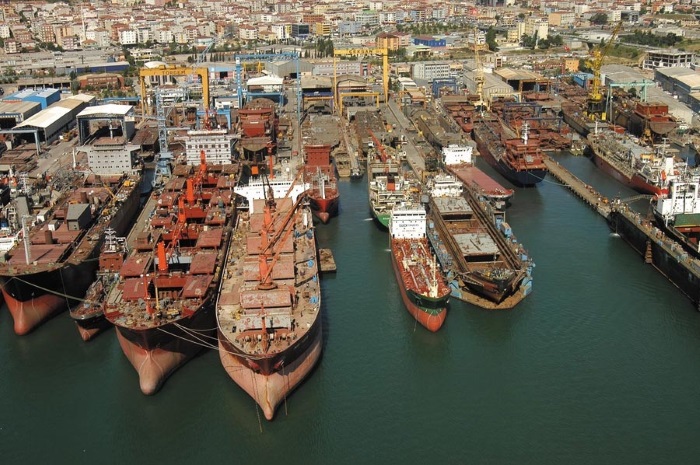Three new ships were authorized on Thursday to take part in a deal allowing the safe Black Sea export of Ukraine grain, said the United Nations as global wheat prices fell further a day after Russia agreed to extend the pact for 60 more days.
Russia had threatened to quit the Black Sea agreement if a list of demands to overcome obstacles to its own grain and fertiliser exports was not met by May 18. The Kremlin said on Thursday it had extended the agreement because some results from talks had given it “certain hopes”, but more progress needed to be made.
The United Nations and Turkey brokered the deal for an initial 120 days in July last year to help tackle a global food crisis that has been aggravated by Moscow’s invasion of Ukraine, one of the world’s leading grain exporters.
The deal had ground to a halt on Wednesday after the last authorized ship left a Ukrainian port.
Officials from Russia, Ukraine, Turkey and the U.N. make up a Joint Coordination Centre (JCC) in Istanbul, which implements the pact. They authorize and inspect ships. No new vessels had been authorized since May 4, which Ukraine blamed on Russia.
The JCC authorized three new vessels on Thursday to travel to the Ukrainian ports of Odesa and Chornomorsk, said deputy U.N. spokesperson Farhan Haq. A third port – Pivdennyi (Yuzhny) – is also covered by the Black Sea deal.
“While we welcome this partial resumption of inbound movement activity, we call on the parties to ensure that the authorization of new vessels is done for all three ports to make use of capacity and meet industry demands,” Haq told reporters.
FURTHER TALKS
U.N. Secretary-General Antonio Guterres said on Wednesday he hoped a comprehensive agreement could now be reached to improve, expand and extend the Black Sea export deal.
Haq said there could be a meeting of officials from Ukraine, Russia, Turkey and the United Nations on Friday or early next week, but the level of representation was still being discussed.
“Ultimately, it’s great news that the Black Sea Grain deal has been renewed, avoiding the worst-case scenario of a cancellation,” Rabobank commodities analyst Paul Joules said.
“Given that Russia has repeatedly expressed its unhappiness with the deal, the extension came as a surprise to the market, and a result, wheat futures declined sharply following the announcement.”
Wheat prices on the Chicago Board of Trade fell nearly 2% on Thursday to a two-week low of $6.25-1/2 a bushel after sliding by more than 3% on Wednesday.
Kremlin spokesman Dmitry Peskov on Thursday called the extension “a qualified result” for Russia and said different scenarios were being worked on regarding easing restrictions on Russia’s state agricultural bank, a main demand of Moscow.
To convince Russia in July to allow Black Sea grain exports, the U.N. agreed at the same time to help Moscow with its own agricultural shipments for three years.
While Russian exports of food and fertilizer are not subject to Western sanctions imposed following the February 2022 invasion of Ukraine, Moscow says restrictions on payments, logistics and insurance have amounted to a barrier to shipments.
The United States has rejected Russia’s complaints.
The challenge of moving grain through Ukraine during the war was highlighted on Thursday by the suspension of rail traffic between, Simferopol, capital of the Crimean peninsula, and Sevastopol, after a freight train carrying grain derailed. The derailment was caused by “interference by outsiders”, Crimean railways said in a statement.
Source: Hellenic Shipping News






